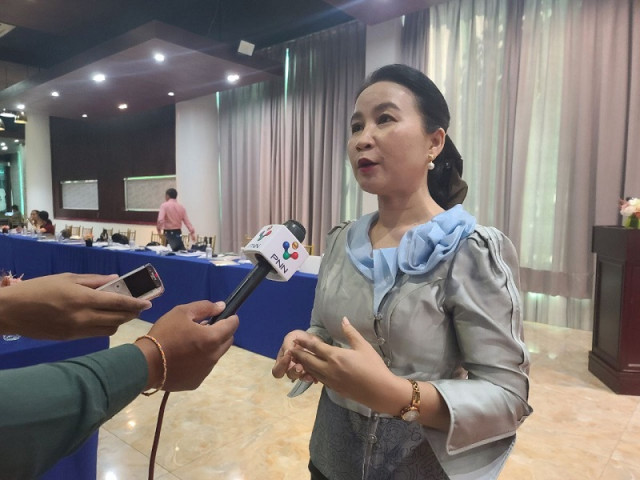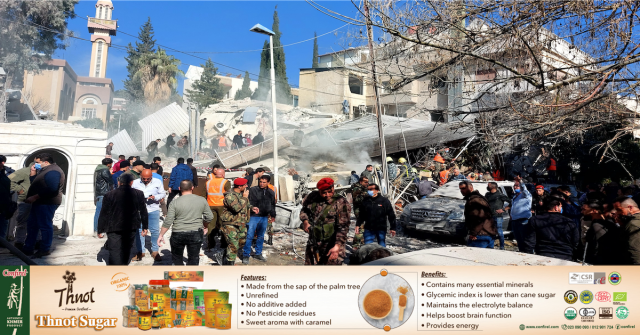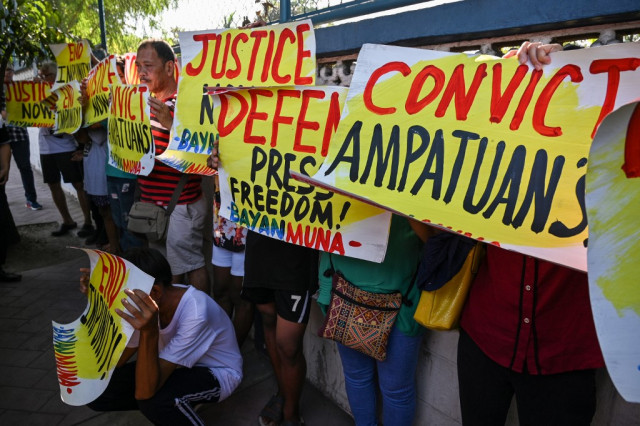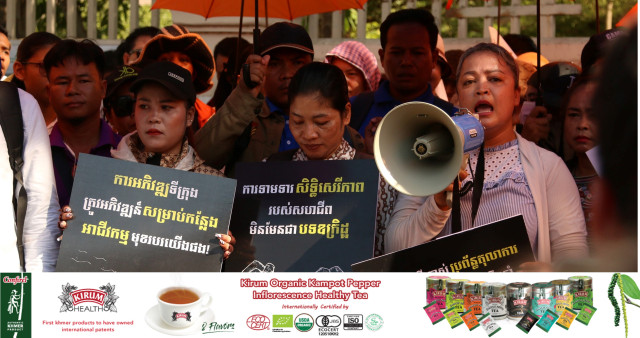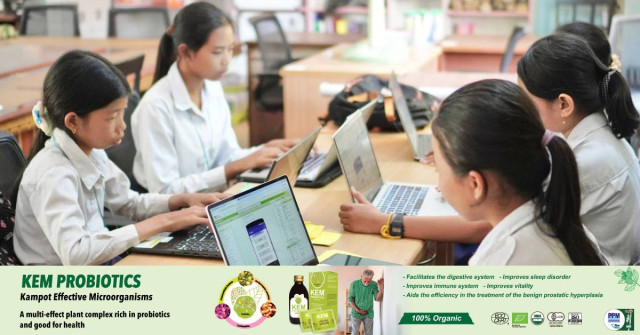Rich States Urged to Back Growth of Least Developed Countries
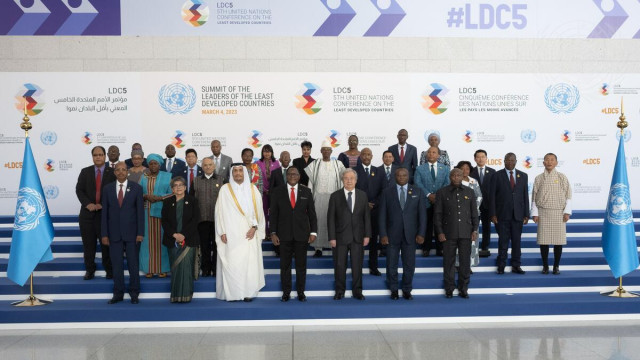
- By Sao Phal Niseiy
- March 5, 2023 10:44 AM
DOHA – Leaders of the Least Developed Countries have called on wealthy countries and development partners to provide further support to ensure the successful implementation of the Doha Programme of Action (DPOA) ahead of the Least Developed Countries summit.
During the Summit of Leaders of least developed countries in Doha, Malawian President Lazarus Chakwera, who is current chair of the LDC group, said on Mar. 4 that the path of development pursued by the least-developed countries is responsible and responsive, indicating that such a path is the promise of the DPOA.
Therefore, it was critical that developed countries and development partners do their part to support LDC countries, as doing so is not an act of charity but a historical and moral responsibility, Chakwera said.
The summit is being held before the fifth United Nations Conference on the Least Developed Countries (LDC5) kicks off on March 5 under the theme: From Potential to Prosperity.
Currently, 46 countries are categorized as least developed, of which 33 are in Africa, 12 in the Asia Pacific and one in the Caribbean.
Speaking on behalf of the least developed nations, Chakwera said the world had changed, as development could not be done as it was in the past.
“It is no longer a world where a nation can enrich itself by invading and looting other nations,” he said.
“It is no longer a world in which a nation can build itself on the back of the forced labour of other people.
"It is no longer a world in which a nation can pursue development using a path that violates human rights and destroys the environment.”
The Doha DPOA was adopted in March 2022 during the first part of the LDC5 conference in the same month. It was later endorsed by the General Assembly in April.
The second part of LDC5, which is held in Doha runs from until March 9, gathers world leaders together with civil society, the private sector, and young people to build plans and partnerships to ensure the successful implementation of the programme in the next decade.
DPOA encompasses six key priorities, including investing in people, ensuring structural transformation, and dealing with the climate crisis — all vital in assisting least-developed countries towards middle-income status.
In the same forum, United Nations Secretary-General Antonio Guterres said that least-developed countries need the support the most, pointing out that they have been severely affected by rising global challenges ranging from the Covid-19 pandemic to intensifying climate crisis and to the rising global food prices driven by the Russia-Ukraine war.
“In the midst of these injustices, the United Nations is working with you to develop smooth transition strategies based on tailored support for the graduation process,” Guterres said.
Considering these challenges, he said the DPOA is vital in supporting least-developed countries to unlock their potential. It provides them access to science, expertise and technology to develop more innovative and diverse economies and workforces.
Regarding widespread food insecurity, he said, “The creation of a food stockholding system for least-developed countries will be another tangible outcome of this summit to combat hunger and skyrocketing food prices.”
“The DPOA also includes establishing an international investment support centre to help least developed and graduated countries attract foreign investment.”
Doha Program of Action — a key to achieving Sustainable Development Goals
Under-Secretary-General and High Representative for the Least Developed Countries, Landlocked Developing Countries and Small Island Developing States, Rabab Fatima, concurred that the LDCs are at the forefront of the endeavour to recover the last round of the Sustainable Development Goals (SDGs).
The race to achieve the SDGs will be decided in LDCs and vulnerable countries, which is why successful implementation of the Doha Program of Action is inevitable.
"If we are unable to fully prioritize the needs of the LDCs in this decade of actions and recovery, the 2030 agenda will only remain an ambition. The DPOA is our best chance of turning the ambition into a reality,” Fatima said.
The DPOA was not only fully aligned with the agenda 2030, but it went further beyond in its scope and ambition with a new generation of targets and commitments and deliverables which can be regarded as the SDGs plus.
“If we can ensure the effective, full, and timely implementation, the LDCs will move to the upper echelon of the global development trajectory, and many of them will graduate with momentum.”
Speaking of the SDGs, Guterres said the major efforts of the LDC summit would also cover the SDG Stimulus, which he said calls for a significant increase in financing for sustainable development to reach a minimum of 500 billion US dollars a year.
He said the stimulus also aims to tackle the high cost of debt through efforts to lower interest rates while improving the lending terms of multilateral development banks.
“And it aims to expand contingency financing to countries in need, including by integrating disaster and pandemic clauses into lending instruments, and accelerating the re-allocation of special drawing rights.
“We will also keep pushing for the resources already promised for climate adaptation, a just energy transition, and loss and damage — as well as for early warning systems for all by 2027.”






